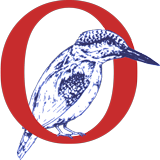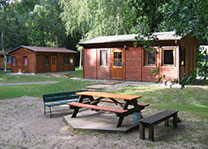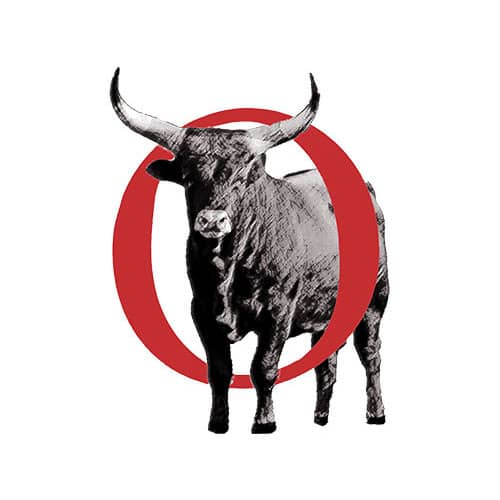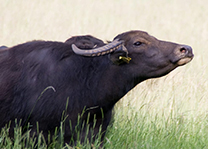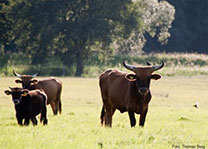Wolves delay the spread of African swine fever (ASF)
Researchers from the Polish universities in Gdansk and Warsaw analyzed 62 wolf droppings in Poland for African swine fever (ASF) viruses, particularly in the ASF zones. As the editors of the renowned hunting magazine Pirsch (Munich) reported on December 29, 2021, they found remains of wild boar, the wolves’ favorite food, but no virulent ASF viruses. Since wolves often and happily eat dead wild boars that are definitely infected with ASF, the researchers had counted on ASF viruses, but to their surprise they found none. Apparently, the ASF virus does not survive the long march through the wolves’ gastrointestinal tract. The wolves’ stomachs are very acidic with a pH value of 1. Wolves seem to be a kind of health police in the forest, devouring infected carcasses, including wild boar, and thus curbing the spread of ASF. Nature helps itself, so to speak, if you let it.
The national park association is still of the opinion that the fences around the national park must be dismantled as quickly as possible, first on the eastern side towards the Oder. The subsequently installed crossing aids and culverts do not fulfill their intended purpose. The next time the Oder floods, unspeakable animal suffering will be repeated on the fences. The natural migration movements of many animals are prevented, which is completely unacceptable in Brandenburg’s only national park. The outrageously expensive fences cutting through the landscape will not stop the advance of the virus to the west anyway, since there are other transmission options apart from the wild boar, for example scavenging birds or meat and sausage products from infected areas. The first sources of infection have already appeared to the west of the martial line of defense in the hinterland, and this development will continue and make the attempt, which was helpless from the outset, to keep viruses away through fences, completely ad absurdum.
dr re. nat. Ansgar Vössing
deputy CEO
